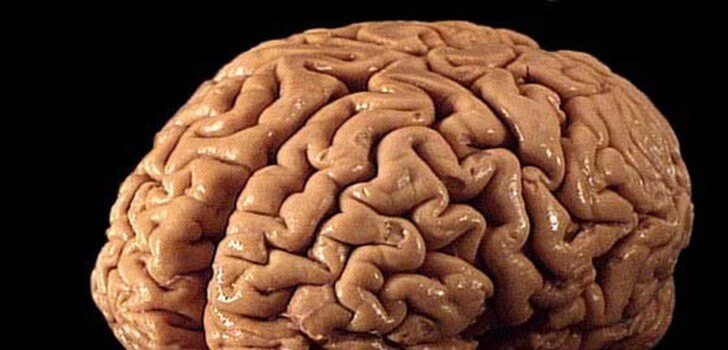A wrinkle that is found in the front of the human brain has been linked to hallucinations caused by schizophrenia. The folds are typically shorter in patients who hallucinate, while the folds of patients who don’t hallucinate are longer.
This frontal area of the human brain is believed to play a role in distinguishing real perceptions from imaginary hallucinations. Researchers believe that these findings might help doctors in diagnosing patients with schizophrenia as early as possible.
The wrinkle is known as paracingulate sulcus, or PCS. It varies greatly in shape between different people. The wrinkle first appears in the brain shortly before most births take place.
Neuroscientist from the University of Cambridge Jon Simons explained, “It’s a region that, although it’s not fully developed by birth, whether or not it’s going to be a particularly prominent fold or not is present in the brain at birth. It might be that if somebody is born with this particular property, a reduction in this brain fold that might give them a predisposition towards developing something like hallucinations later on in life.”
Further research will be conducted in order to see if differences in folds can be detected in young children. If this proves to be the case, doctors should be able to offer extra support for people who are at the highest risk of developing schizophrenia.
However, Simons also pointed out that schizophrenia is a very complicated disorder and that hallucinations are just one of the many symptoms. Many sufferers of schizophrenia suffer from other irregular thought processes.
Simons said, “We’ve known for some time that disorders like schizophrenia are not down to a single region of the brain. Changes are seen throughout various different areas. To be able to pin such a key symptom to a relatively specific part of the brain is quite unusual.”
Schizophrenia patients that do suffer from hallucinations were found to have PCS wrinkles that were 2cm shorter on average than patients that don’t suffer from hallucinations and 3cm shorter on average than people without schizophrenia.
However, the scientists have yet to determine why the schizophrenic patients are experiencing the hallucinations in the first place. It is expected that there are many different causes of hallucinations that go beyond the differing lengths of this particular brain fold.
Still, it is highly probable that people with short PCS folds are less likely to be able to distinguish between reality and their imaginations. This discovery should certainly help doctors in better understanding the disorder and how they can help patients.
Stay Connected